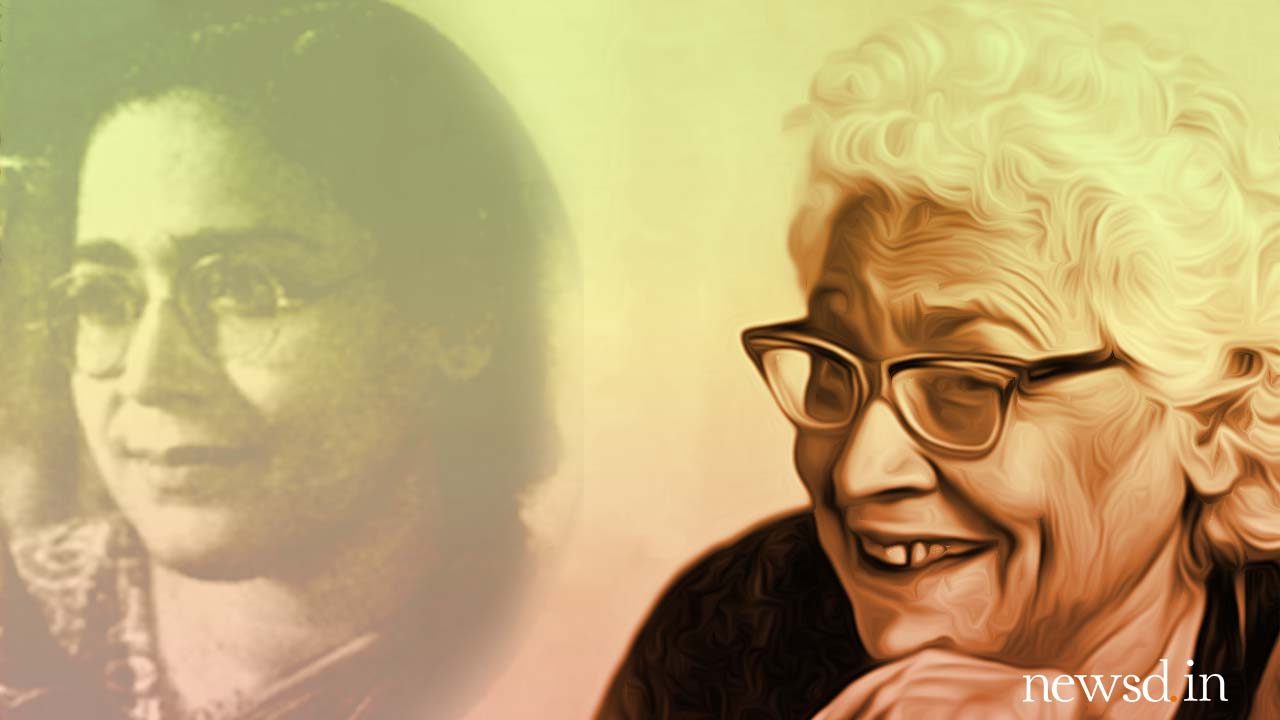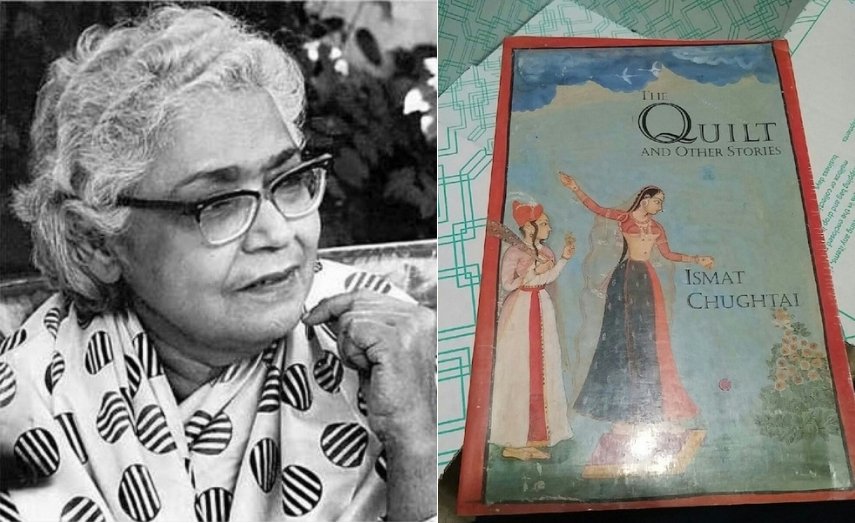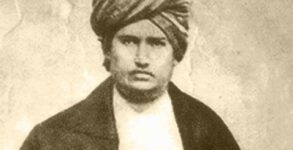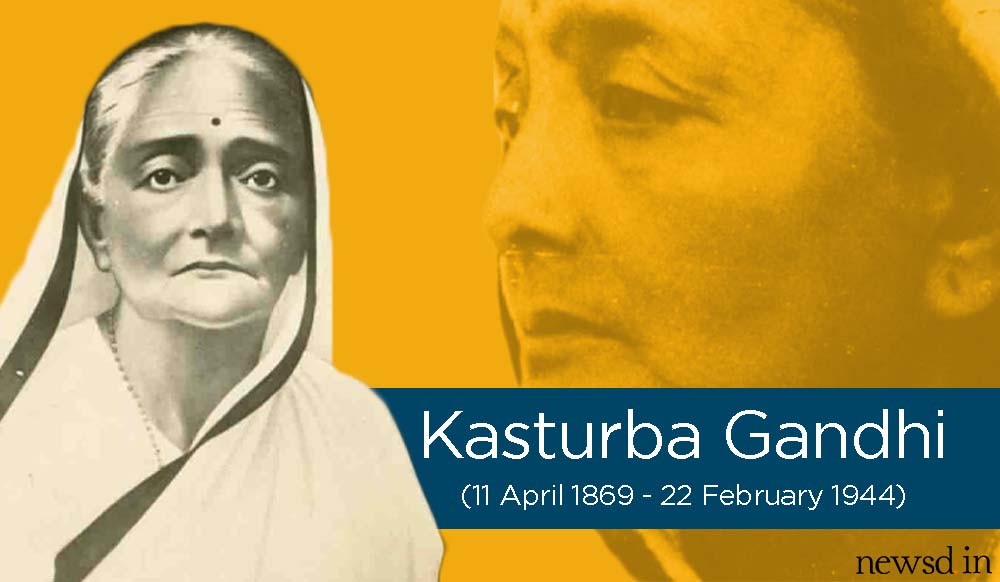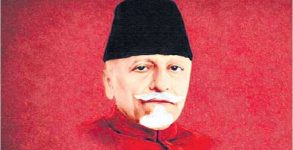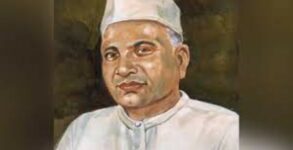After years of her demise, celebrated Urdu writer Ismat Chughtai even today continues to reside in all our hearts. She was many things to many people.
Chughtai was born on August 21, 1911 in Badaun, Uttar Pradesh, to a middle-class, Muslim family. She was ninth of the ten children–six brothers, four sisters. Chughtai’s father was an Indian Civil Servant.
She began writing at an early age, inspired by her elder brother, Mirza Azim Beg Chughtai, who was known for his humorous works.
Marking her birth anniversary on August 21, let’s walk down the memory lane remembering Ismat Chughtai’s life journey and her various works.
Chughtai was considered to be one of the four pillars of modern Urdu short story. She remained an important literary voice almost till her last days.
Chughtai stood out for her refusal to partake in traditional, feminine pastimes like embroidery, and for making friendships outside her social caste. Ismat Apa as she was known, Chughtai was considered by some as a crusader for the rights of oppressed women.
Her works include short stories like Kalyan, Ek Baat, Choten, among others. Hardly one to bow to conventions, Chughtai relentlessly wrote about women, their desires and the oppression they faced. Her novel Tedhi Lakeer (The Crooked Line) is one of the famous works in Urdu literature.
Ghalib’s work could only have found meaning in India: Javed Akhtar
The author who championed social liberation and gender equality, also had a short-lived film career. She wrote for three Bombay Talkies productions that were directed by her husband Shaheed Latif – ‘Ziddi’ (1948), ‘Arzoo’ (1950) and ‘Sone Ki Chidiya’ (1958).
She also wrote the dialogue for Shyam Benegal’s ‘Junoon’ in 1978, and even played the role of Jennifer Kendal’s character’s mother.
Chughtai was honoured with Padma Shree award by the government of India in 1976.
Ismat Chughtai passed away on Oct 24, 1991 in Mumbai at the age of 80, but remains an integral figure in Urdu literature till date.

